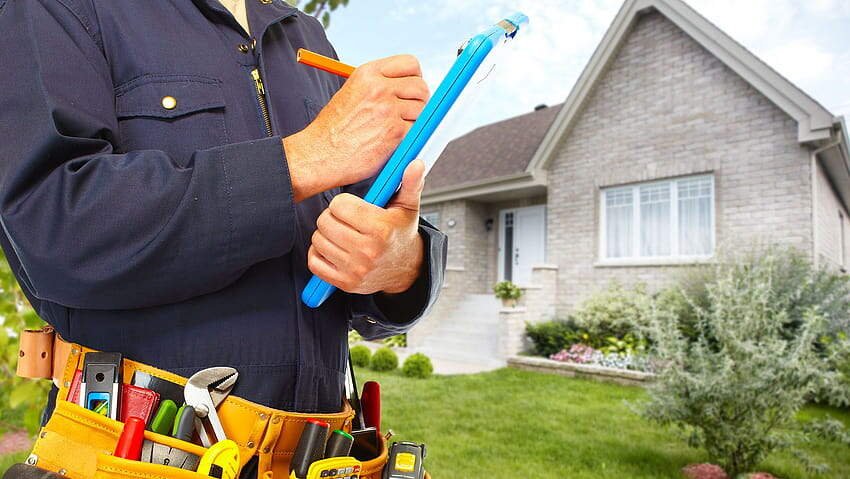Setting the selling price of your home can be a challenging endeavour. On the one hand, you want to make sure that you get the best price possible for your property, but on the other hand, you don’t want to price it so high that it doesn’t sell. So, the question is, how do you find that happy medium? In this article, we will discuss some helpful hints and suggestions for determining the right price for your house. Continue reading if you want to find out more!
Determine Market Value
If you are considering selling your home, first you should find out how much it is currently worth. To accomplish this, research recent home sales in the area to determine the prices at which properties comparable to the one you are selling have been sold. This will provide you with a better understanding of the competitive housing market today and give you an idea of how much potential buyers might be willing to pay for a home.
After you have researched the most recent sales prices of homes that are comparable to the one you own in your area, you will be able to figure out the value of your home by factoring in any improvements or renovations that you have made since you purchased the property or that you intend to make before selling it.
Working with the top Toronto realtors will help you determine your market value, with their experience in the field and current housing market trends.
Prioritizing Speed or Profit
Once you have determined the average market value of the homes in the neighbourhood, you can start pricing your property.
Once you have an idea of how much your home is currently worth and how it compares to other properties on the market in your area, you can begin deciding how much you want to ask for it when you put it up for sale. Setting an amount slightly below the assessed market value might be the best option for you if getting things done quickly is your top priority and you don’t mind paying less.
On the other hand, if it is not an issue to be patient and wait until the right buyer comes along, pricing the home closer to or even above that value could bring a handsome profit because high-quality homes always maintain their appeal over the course of time.
Don’t Come Up Short
Determining the appropriate selling price for your property is not always simple. You want to put yourself in the best possible position to negotiate, but at the same time, you need to be aware of how much money you’ll need from the sale of your current home in order to purchase the dwelling you’ll be moving into next.
The difficult part is trying to set the right price so that someone will buy it without pricing yourself out of the market and making sure that whatever is left over afterward is enough for you to purchase another property with what’s left over after that. It is in your best interest to consider each of these aspects carefully before deciding on a price to ask for something; being flexible does not always mean you have to sell yourself short.
When determining the price for selling your house, especially when it has fire damage, it’s crucial to act promptly and strategically. To ensure a successful sale, consider all relevant factors such as the extent of the damage, the local real estate market conditions, and the cost of necessary repairs. Conduct a thorough assessment with the help of a professional appraiser or real estate agent to arrive at a fair market value. Keep in mind that potential buyers may be wary of fire damage, so pricing your house competitively is essential. By pricing it right and addressing the issue promptly, you can effectively sell your house with fire damage ASAP and move forward with your real estate goals.
Remember Other Selling Costs
Selling a home can be stressful. Numerous factors contribute to the successful sale of your home, ranging from paperwork to repairs and staging. It’s critical to remember every cost associated with selling to ensure you get the most out of the sale and don’t find yourself in a financial bind later on.
Commissions, needed repairs or updates, staging fees for photos and open houses, and moving costs should all be considered when determining your asking price. This will help ensure that you receive the full amount of money after the sale is completed.
Be Prepared to Negotiate
One of the most important things to remember when putting your home on the market is to be prepared to negotiate. It’s a good idea to set a price range that you’re willing to accept from potential buyers and be willing to adjust your price accordingly.
This way, if they make a reasonable offer, you can confirm that it is still within your price range and avoid passing up a good deal.
Buyers will try to get the best deal possible, but they may end up paying more than they intended. Remember that even if you have listed at a price that appears to be appropriate for you, buyers are likely to negotiate the cost as part of their due diligence. Don’t let this discourage you; be prepared to negotiate and get the best deal possible.
Conclusion
Selling a home is a time-consuming, labour-intensive, and costly process. However, if you do your research and follow these steps when preparing to sell your home, you will be able to get the best price for your needs.
Recommended Posts:















